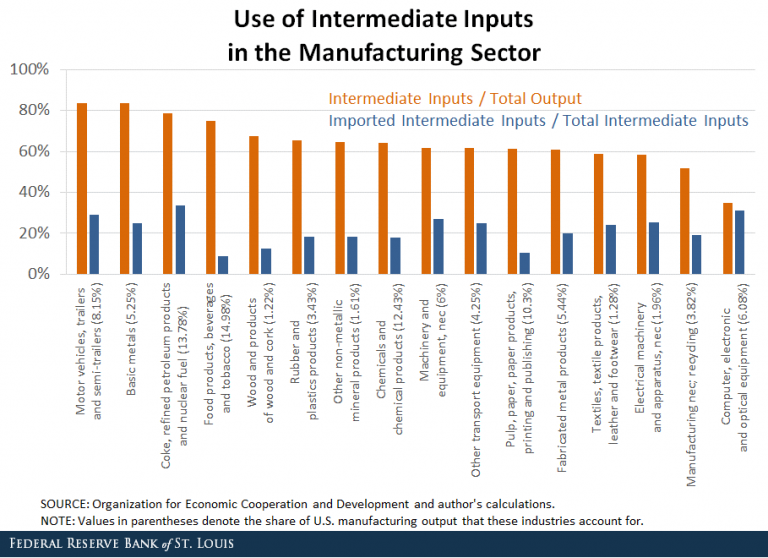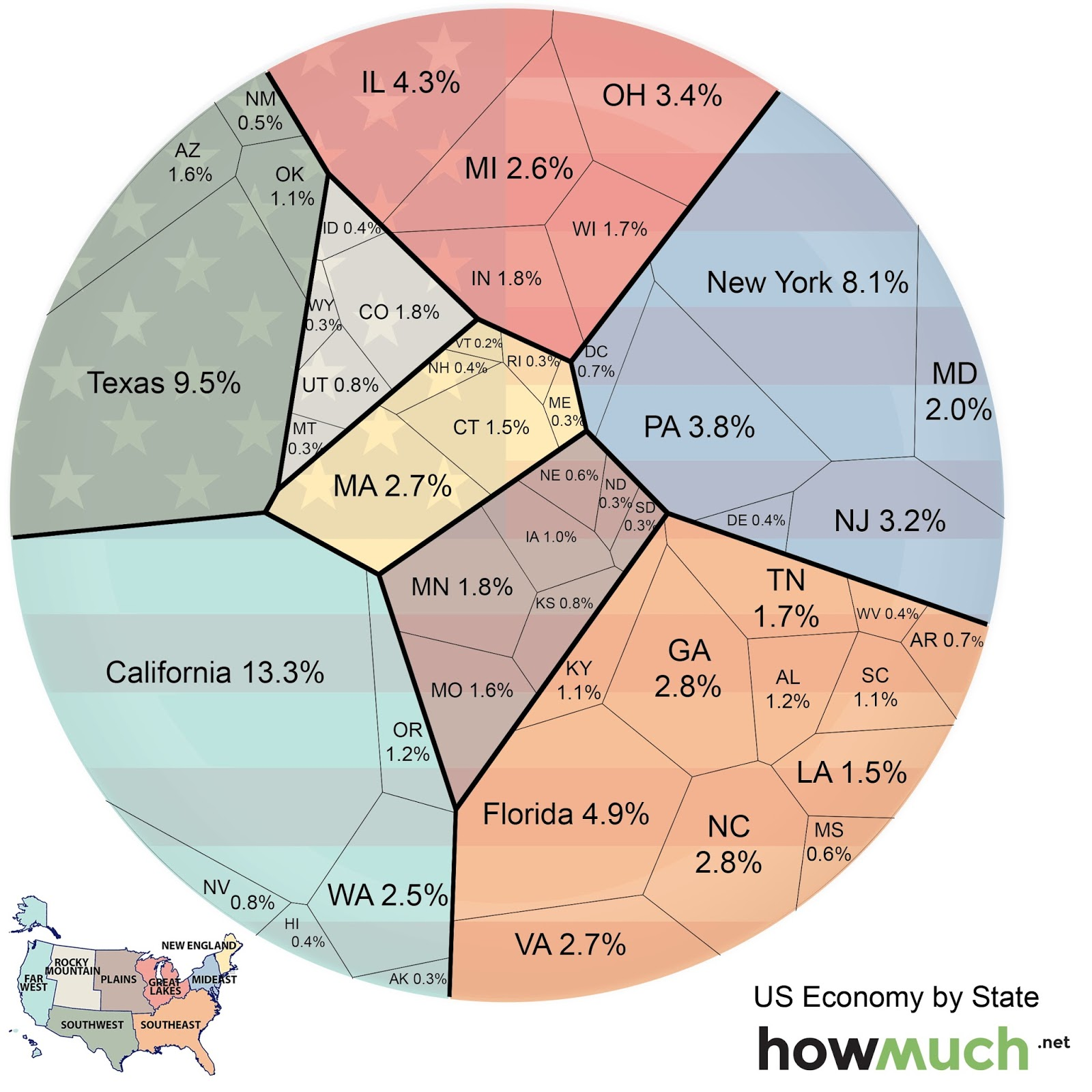
Research Funding Impact: Future of Startups and Innovation
Research funding impact is paramount to the health of the U.S. economy and its innovative landscape. As institutions like Harvard face significant funding cuts, the ripple effects threaten not only scientific inquiry but also the startup ecosystem that relies on these advancements. With every dollar of federal biomedical research leading to an astonishing $2.56 in economic activity, reduced funding could impede U.S. economic growth considerably. Analysts warn that the country could see a GDP contraction reminiscent of the Great Recession, given the adverse effects on entrepreneurship and technological advancement. In a time when biomedical innovation is crucial, the implications of such funding cuts could stifle the very engine of progress that drives our economy forward.
The repercussions of financial constraints on research initiatives are far-reaching and touch upon the core of American innovation. With federal support dwindling, we are witnessing a potential slowdown in the development of groundbreaking technologies and medical breakthroughs. Higher education institutions play a critical role in nurturing entrepreneurial spirit, as their resources and expertise directly service the emerging startup landscape. The looming threat posed by funding freezes demands urgent attention, as these challenges undermine both the creation of new enterprises and the sustainability of the broader economic framework. In essence, the landscape for entrepreneurship is becoming precariously dependent on uninterrupted research funding to ensure continued advancements in various fields.
The Critical Role of Research Funding in Innovation
Research funding serves as the backbone of innovation in the United States. Without it, many groundbreaking ideas and discoveries stay confined to laboratories, never making it to market. This is especially true in the fields of biomedical innovation and technology, where cutting-edge research can lead to significant advancements. As the government froze vital research grants at Harvard and other institutions, the research ecosystem faces immense strain. The resulting ripple effects can hinder U.S. economic growth, as fewer innovations mean fewer new products and solutions to societal problems.
Investment in research funding has historically shown a substantial return on investment. For every dollar spent on federal biomedical research, it is estimated that $2.56 in economic activity is generated. Cuts to this funding will inevitably stifle not only the experiments and breakthroughs occurring today but also the startups that depend on these innovations. As faculty and students collaborate on commercialization efforts, the contraction in funding is likely to result in a sharp decline in the startup ecosystem that thrives on this pipeline of ideas.
Frequently Asked Questions
What is the impact of funding cuts on research funding and the startup ecosystem?
Funding cuts to research impact the startup ecosystem significantly by reducing the resources available for innovation and development. When federal research grants are reduced or frozen, as seen in recent Harvard cases, startups may face challenges in accessing novel technologies and breakthroughs needed to launch and grow, ultimately affecting U.S. economic growth.
How do biomedical innovations suffer from current research funding cuts?
Biomedical innovations are particularly vulnerable to research funding cuts, which stifle the development of critical medical advancements. Research at institutions like Harvard, supported by federal funding, often leads to breakthroughs in healthcare. When such funding is threatened, the pipeline for new treatments and therapies can dwindle, impacting public health and the economy.
What role does Harvard’s research play in the startup ecosystem, especially in the context of federal funding?
Harvard’s research initiatives are integral to the startup ecosystem, providing a foundation for many new ventures. Federal funding allows for extensive research that leads to the commercialization of innovative ideas. Cuts in this funding jeopardize the university’s ability to support emerging startups, thereby slowing U.S. economic growth and innovation.
How does federal research funding contribute to U.S. economic growth?
Federal research funding is crucial for U.S. economic growth as it stimulates scientific breakthroughs and fosters the development of startups. Each dollar invested in biomedical research generates significant economic activity, illustrated by studies showing an approximate return of $2.56 for every dollar spent. This cycle of investment and innovation is essential for maintaining competitiveness and driving the economy forward.
What potential long-term effects will result from the funding freeze on NIH research?
The funding freeze on NIH research will lead to long-term consequences, including delayed projects, canceled initiatives, and a reduction in new startup formation. The pipeline for innovation takes time; thus, the effects of these funding disruptions could ripple through the economy for one to three years, ultimately reducing the number of promising startups entering the market.
Can the U.S. startup ecosystem recover from current research funding cuts, and if so, how?
While the U.S. startup ecosystem can recover from research funding cuts, it will require targeted efforts to restore funding pathways and support structures. Reinstating federal grants and creating incentives for innovation in research can rejuvenate the entrepreneurship landscape. However, it may take time for the full benefits of such efforts to materialize in terms of new startups and innovation.
| Key Point | Details |
|---|---|
| Impact of Funding Cuts | The U.S. could see a GDP shrinkage of 3.8% due to research funding cuts. |
| Role of Research Universities | Universities provide commercialization pathways for research, contributing to startup innovation. |
| Federal Funding Importance | Funding enhances lab productivity and attracts top talent, crucial for startups. |
| Long-term Effects | Funding freezes will have medium to long-term effects on startup creation. |
| Entrepreneurship Curriculum | Harvard’s curriculum fosters a rich environment for student startups. |
Summary
Research funding impact is critical to sustaining U.S. economic growth and innovation. The recent cuts in research funding pose a significant threat to the startup ecosystem and the broader economy. The connections between research universities and entrepreneurial activities, combined with the importance of federal funding, highlight how essential these elements are for fostering innovation and generating economic activity. As we face potential GDP declines and a slowdown in startup creation, it is crucial to understand and address the implications of these funding challenges.


